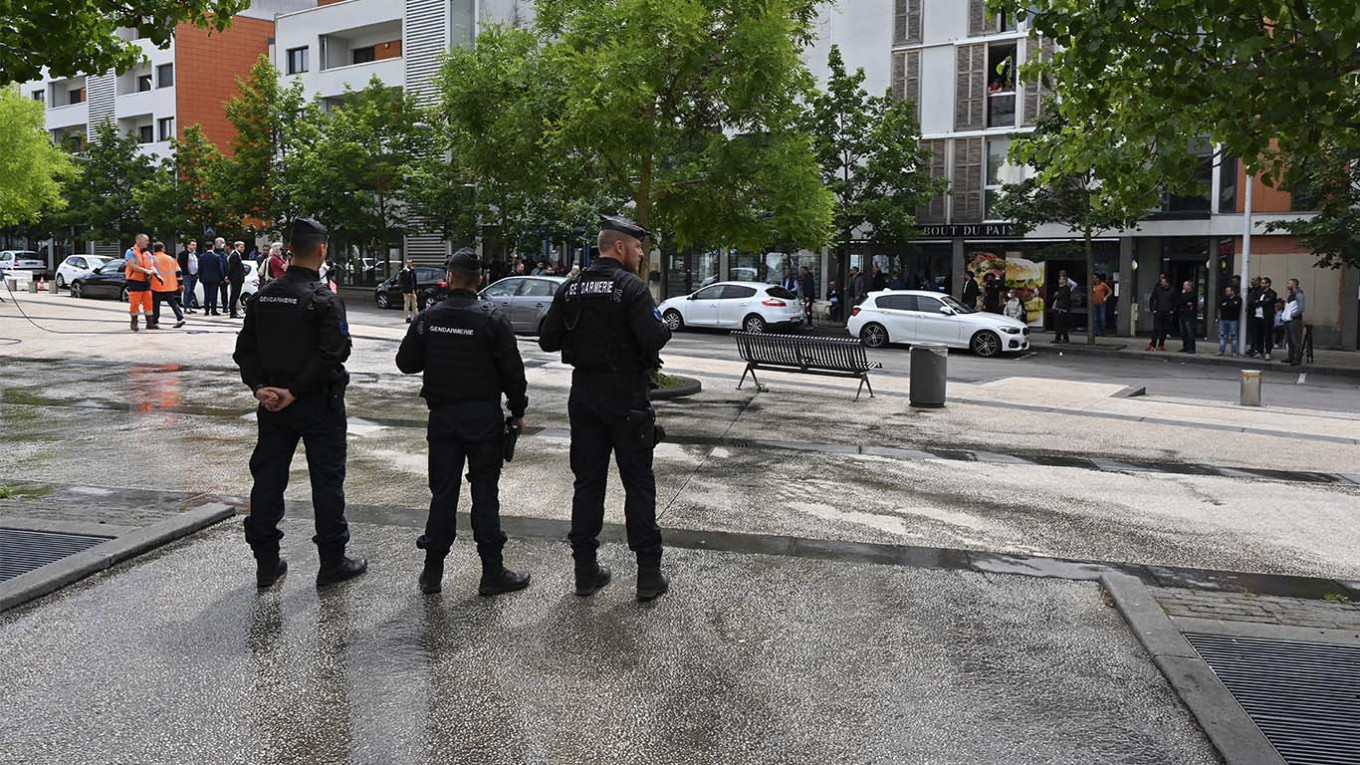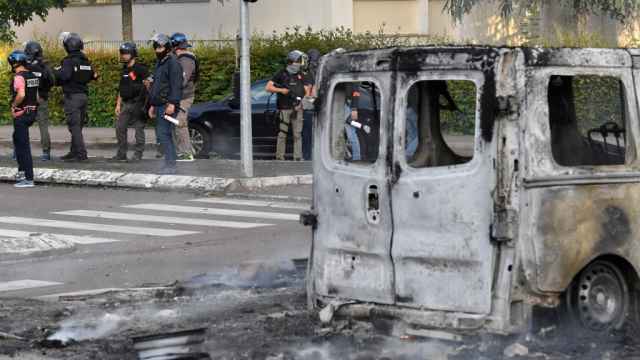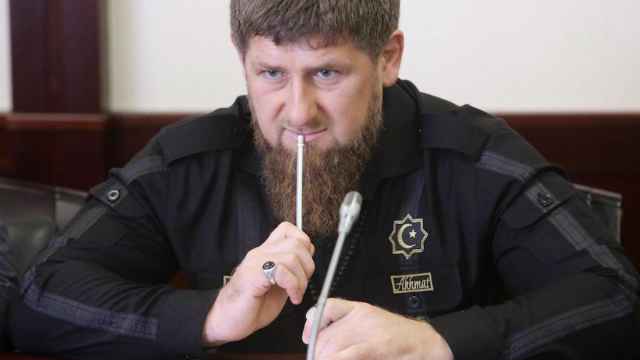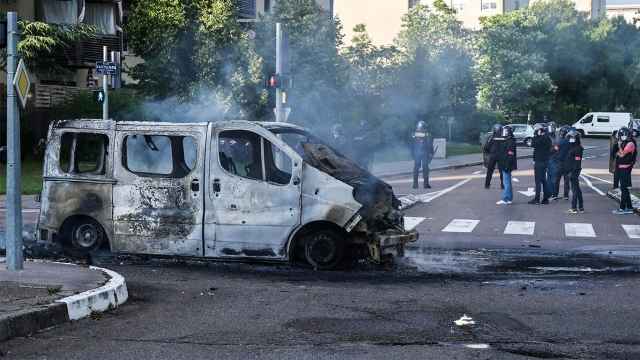French police on Thursday detained six members of the Chechen community on suspicion of taking part in successive nights of violence that rocked the eastern city of Dijon, prosecutors said.
From Friday to Monday, Dijon was rocked by clashes and vehicle burnings after an assault this month on a 16-year-old Chechen boy that prompted other members of the community to stage reprisal raids.
Scenes of unrest carried out by hooded men brandishing guns or clubs shocked the country and raised questions over whether security forces had been too passive.
Police carried out early morning raids at several addresses across France, regional prosecutor Eric Mathais said.
A source close to the inquiry, asking not to be named, said the arrests were made at five locations across France, including Dijon.
Those detained are already known to police and include a man suspected of being behind the first appeal on social networks for organized reprisals, sources said.
Chechens had reportedly traveled to Dijon from all over France and even from neighboring Belgium and Germany to take part.
The violence focused on the low-income district of Gresilles, which has a large community of people originally from North Africa.
Chechens involved in the events have told French media they were targeting drug dealers of North African origin.
But residents of Gresilles have said that they felt abandoned by the security forces and went out on the street only to defend themselves.
"I have nothing to hide. Yes, I took up a stick, but to defend my family," Malik, a father of three children, told AFP. "The police did nothing. We were abandoned so I acted."
Criticized for not taking action sooner, the French authorities vowed a tough response and sent police reinforcements, and the past two nights have been calm.
Chechnya is a predominantly Muslim Russian republic in the North Caucasus. Two wars in the 1990s triggered a wave of emigration, with many Chechens heading for western Europe.
More Chechens have flowed into exile in recent years because of opposition to the strongman pro-Kremlin leader of the region Ramzan Kadyrov, accused by rights activists of multiple violations.
There are no precise figures on the number of Chechens living in France as they are included with other Russian passport holders. As well as in eastern France, there are communities in Paris and around the southern Mediterranean city of Nice.
The daily Le Parisien cited the father of the teen whose assault sparked the violence as saying the family had "asked for nothing," but several people "we do not know" came to Dijon of their own accord.
"Their reaction was too strong," he said, urging calm.
A Message from The Moscow Times:
Dear readers,
We are facing unprecedented challenges. Russia's Prosecutor General's Office has designated The Moscow Times as an "undesirable" organization, criminalizing our work and putting our staff at risk of prosecution. This follows our earlier unjust labeling as a "foreign agent."
These actions are direct attempts to silence independent journalism in Russia. The authorities claim our work "discredits the decisions of the Russian leadership." We see things differently: we strive to provide accurate, unbiased reporting on Russia.
We, the journalists of The Moscow Times, refuse to be silenced. But to continue our work, we need your help.
Your support, no matter how small, makes a world of difference. If you can, please support us monthly starting from just $2. It's quick to set up, and every contribution makes a significant impact.
By supporting The Moscow Times, you're defending open, independent journalism in the face of repression. Thank you for standing with us.
Remind me later.






